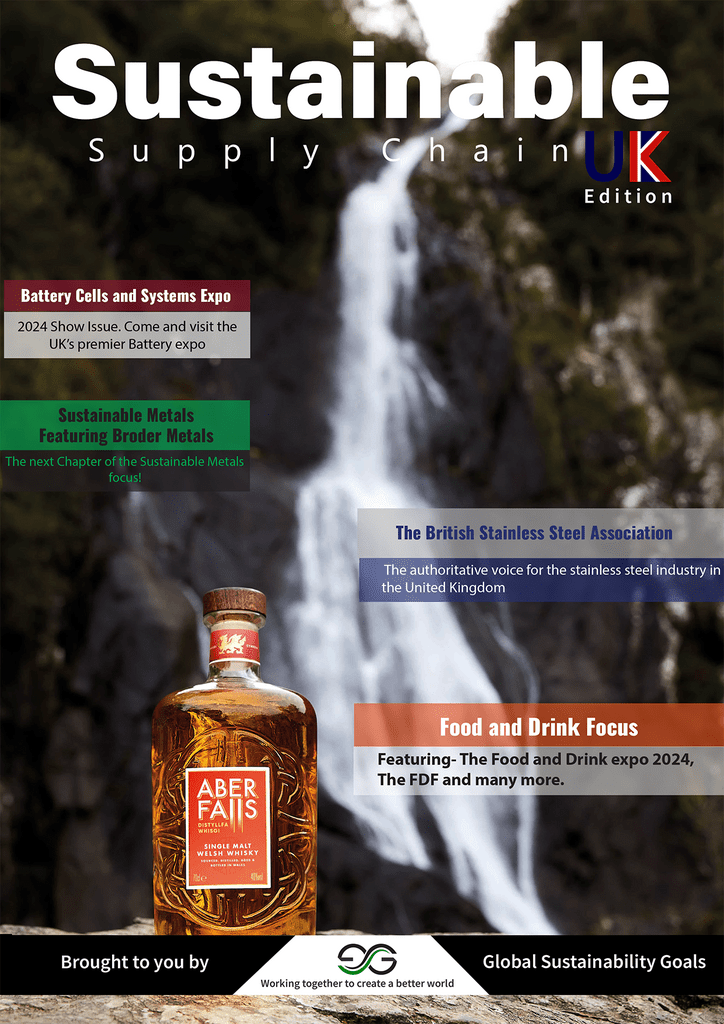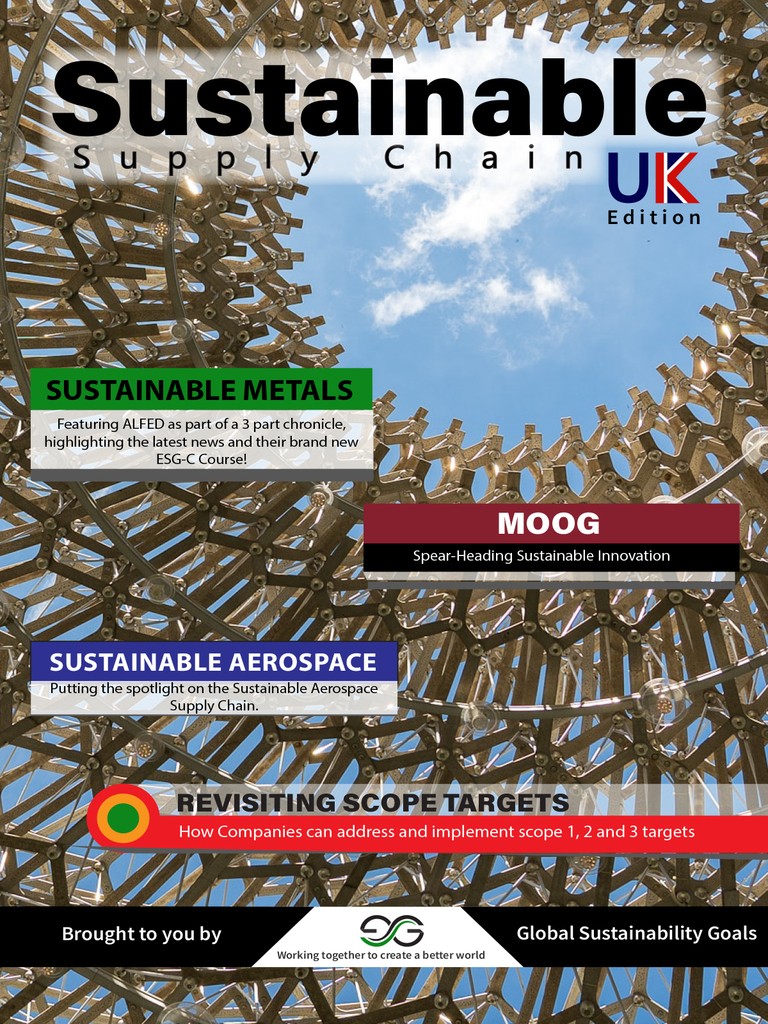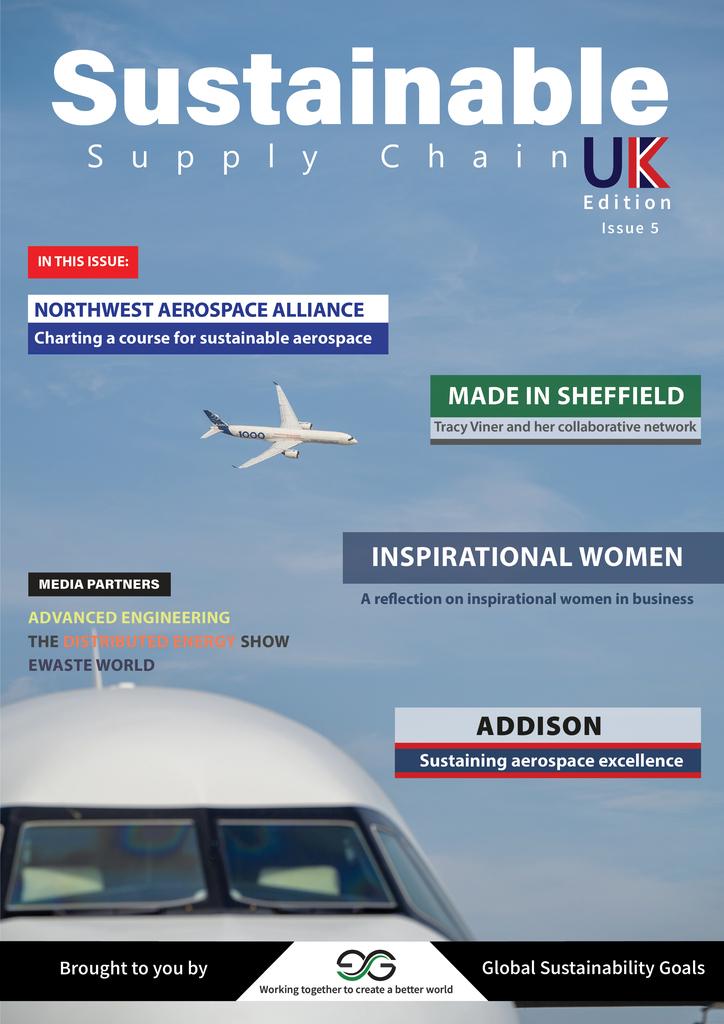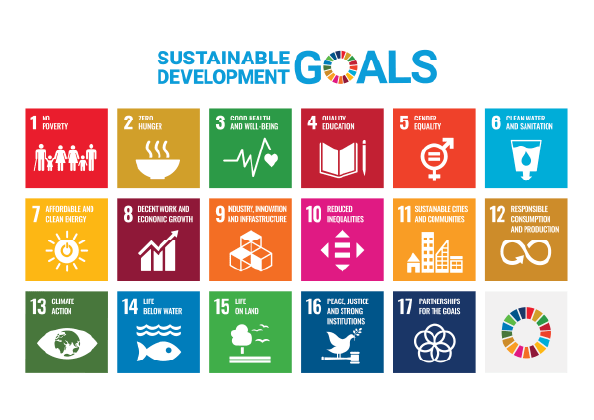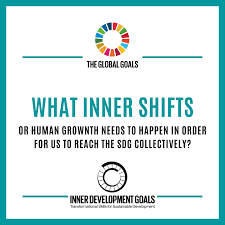Sustainability’s Hidden Benefits
Why calculating carbon footprint matters for industrial businesses.
Environmental sustainability is no longer a choice. As industries worldwide face growing pressure to reduce their carbon footprints, businesses must prove to customers and stakeholders that they are meeting environmental objectives. Here, Katie Good, vice president of operations at Ovarro, explains how calculating carbon footprint is crucial for ensuring industrial businesses meet their reduction targets.
With over 40 countries using GHG reporting, carbon footprint and assessment standards remain a hot topic for governments and researchers. The journey towards sustainability might seem daunting, but it’s an endeavour that promises not only a cleaner planet but significant business advantages. However, unlocking these benefits depends on gathering the right data, to apply the right sustainable actions.
This is where carbon footprint assessments prove vital. A carbon footprint assessment is the process of quantifying the total greenhouse gas emissions produced by an organisation, encompassing all scopes of emissions.
This analysis covers three main scopes: facilities, travel and supply chains. The former, related to an organisation’s own premises and the travel habits of its employees, are within the business’s direct control. Emissions relating to supply chains and the procurement of incoming materials on the other hand, can be more challenging to manage — not least because of the complexity of gathering this information in the first place.

A report by Carbon Disclosure Project (CDP) revealed that supply chain emissions are on average 11.4 times higher than operational emissions. This doubled prior estimates due to more comprehensive evaluations, which exemplifies the importance of accurate assessments.
Better assessment.
Undertaking a carbon footprint assessment is a complex endeavour that requires specialised knowledge. Ovarro has partnered with experts from Delta Simons, the environmental consultancy, for this reason. The organisation’s expertise has been instrumental in gathering accurate data, calculating emissions and providing valuable insights for improvement. Collaborating with third-party experts helps us to ensure that sustainability efforts are grounded in accurate data and aligned with industry standards.
Ovarro’s carbon footprint analysis shed light on the impact of its business operations. The findings identified key areas contributing to emissions, particularly in the realm of energy efficiency and facility management and has inspired several key measures to make the business more sustainable. One measure, for example, is gradually transitioning to LED lighting; a sustainable solution to reduce energy consumption on site.
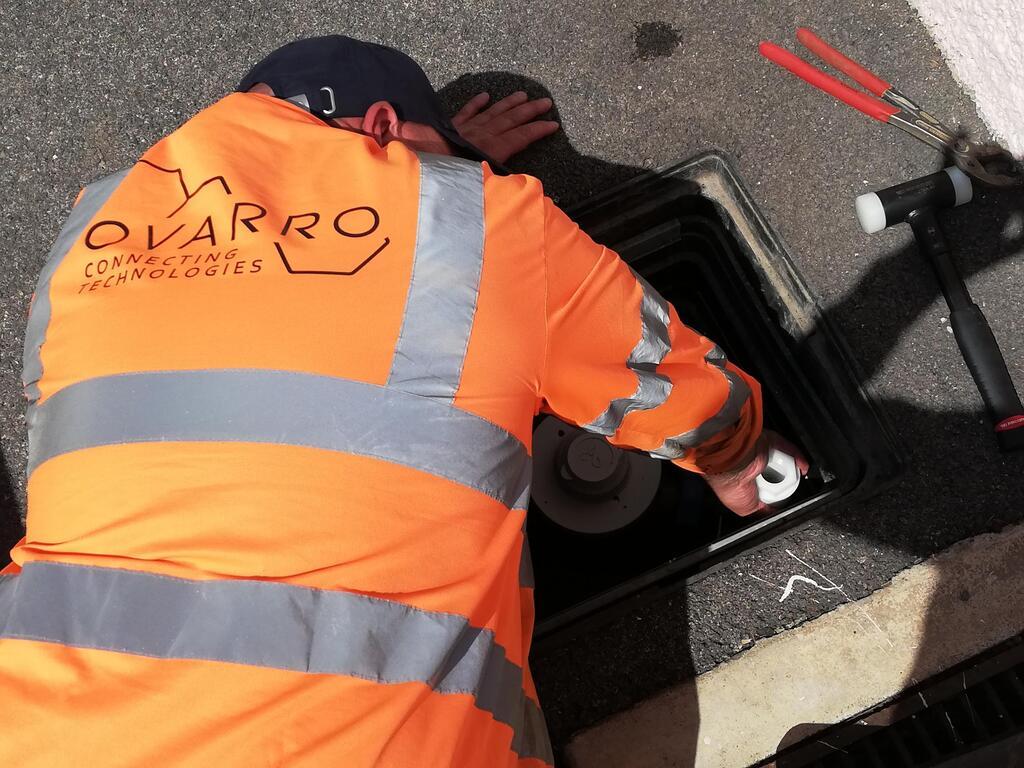
Other measures applied by Ovarro include the increased use of solar energy and the deployment of sensor controls to optimise energy consumption by automatically adjusting lighting and equipment based on occupancy and natural light levels. These initiatives not only lower emissions but enhance operational efficiency and contribute to cost savings.
Reduction goals.
For industrial businesses, carbon footprint reductions should extend beyond operational changes. Sustainability is also about a way of fostering a greener culture among employees. Employee engagement and morale are essential in driving meaningful change. For instance, Ovarro has formed a sustainability committee that acts as a catalyst for change. This committee comprises individuals from various departments who collaborate to gather data, identify opportunities and drive sustainability initiatives. This is a global effort as Ovarro not only has offices in the UK but also in France, Belgium, the Netherlands, Malaysia, Australia and the Middle East.
Initiatives include an online forum where employees can share ideas and collaborate on sustainable practices. This platform has not only sparked discussions but has also given rise to innovative ideas that contribute both to carbon reduction goals and overall operational efficiency.
There is also the positive sustainability impact of Ovarro’s monitoring and control solutions, including leak detection, monitoring and control. Remote telemetry units (RTUs) like Seprol, Datawatt, TBox and Kingfisher play a pivotal role in advancing sustainability across various domains — for instance, the Kingfisher RTU finds particular use in water and wastewater management. These technologies shine by enabling remote monitoring and control of critical assets. By doing so, they contribute significantly to ensuring the provision of clean drinking water, sanitation and averting watercourse pollution.
Looking ahead.
Ovarro’s journey towards carbon footprint reduction is still ongoing, but we are already witnessing its positive effects. Apart from the obvious environmental benefits, we anticipate long-term success in two critical areas.
Firstly, customers are increasingly emphasising sustainability in their supply chains. By actively working to reduce the company’s carbon footprint, Ovarro align with their goals and contribute to their sustainability initiatives. This alignment not only strengthens their partnerships but also positions Ovarro as a reliable and responsible business partner.
Secondly, the journey towards carbon reduction has energised employees. It has provided them with a sense of purpose and a shared goal to work towards. Employee engagement in sustainability initiatives has amplified organisational culture, fostering innovation and collaboration.
However, challenges remain. Data collection and integration, especially for supply chain emissions, can be intricate and time-consuming. Ovarro’s experience has shown that consistent and transparent data management is essential to achieving accurate assessments and driving effective change. Companies must continue to refine their processes, working towards creating a comprehensive and adaptable framework for continuous improvement.
The journey to calculate and reduce carbon footprint is more than just a checkbox on the corporate social responsibility list. It is a testament to a company’s commitment to sustainability, responsibility and innovation by managing people, planet and profit. As industries around the world rise to the challenge of reducing emissions, they will discover not only a greener future but also a wealth of untapped benefits — ranging from improved operational efficiency to enhanced employee morale and strengthened customer partnerships.
As industrial businesses embark on their journeys towards better sustainability, they will find that the effort invested in calculating and reducing their carbon footprint is a wise investment that pays dividends for the environment, society and their own long-term success.
To learn more about Ovarro’s sustainability initiatives, technologies and case studies, visit its website.



